Man with leukemia meets birth mother for the first time in 45 years
Rob Martin has been on a quest to find his birth mother and his family roots.
Rob Martin is battling leukemia and his doctor told him he may need a bone marrow transplant. Family members can often be the best match, but Martin was adopted as an infant and had spent years searching for his birth mother.
“She was a ghost, there was no information,” Martin told “Nightline.” “She's someone who was in my head that I couldn't touch.”
“Nightline” spent five months following the now 46-year-old’s journey in a race to find his biological family while he was going through chemotherapy.
It all started when a family friend sent an email to investigative genealogist Pam Slaton in May 2017 asking her for help.
Author of the book “Reunited: An Investigative Genealogist Unlocks Some of Life's Greatest Family Mysteries,” Slaton has reunited thousands of adoptees with their birth families.
“I’m writing to you because they are currently overwhelmed with aggressive cancer treatment," Slaton read from the initial email.
“She explains he’s not well. He may need bone marrow, and she’s asking for my help,” Slaton said. “When someone is desperately ill, you immediately make this a priority, and jump in.”
Slaton reached out to Martin’s wife Jackie and told her she would take on his case pro-bono.
“She was so, so kind. She was like give me all the information,” said Jackie Martin.
Martin’s adoptive parents took him under their care when he was a baby, so he had little information to start with.
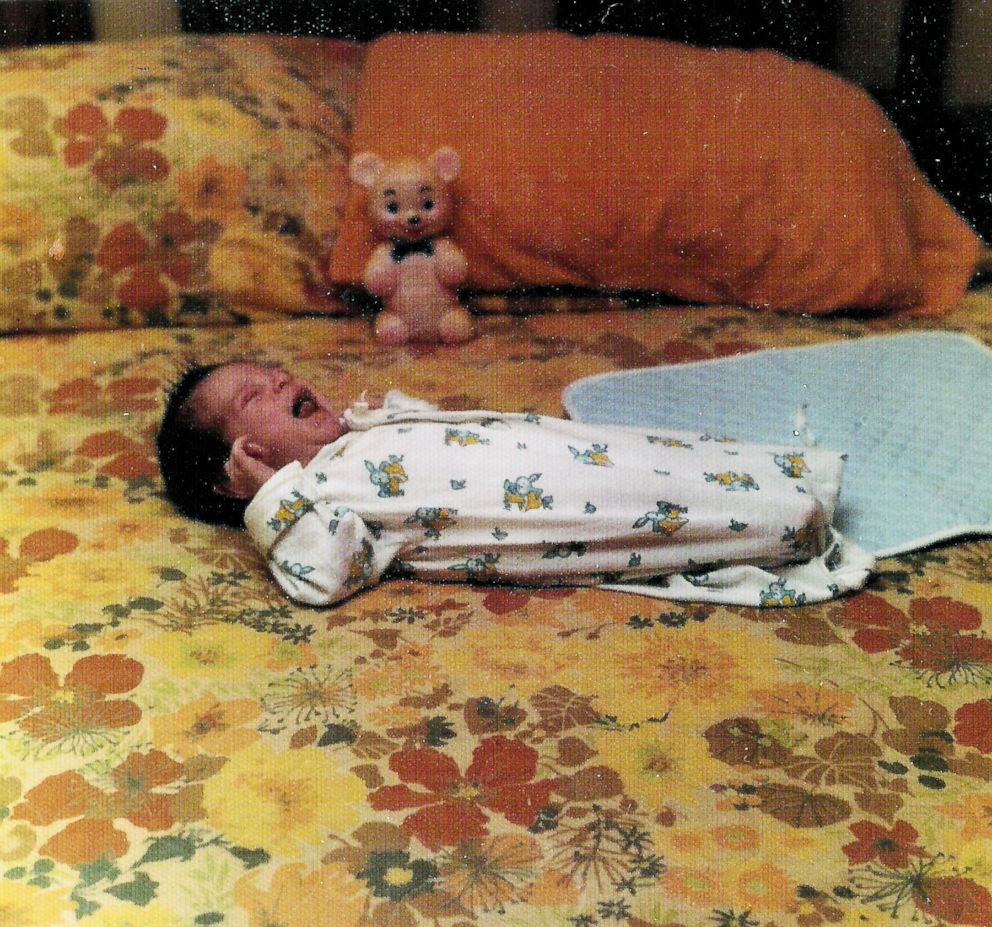
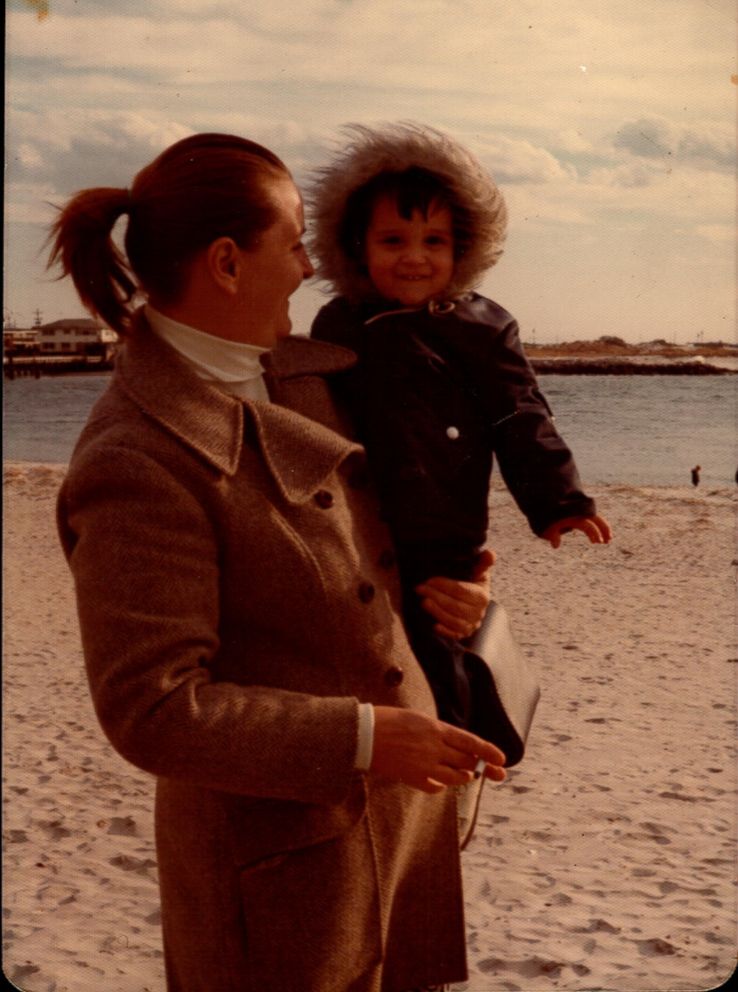
“I remember when I was younger I did ask my mom about my birth mom,” he said. “And her answer was, ‘I'm your mom, I'm your mom. Why do you want to know about her?’ … she wouldn't talk about it at all with me.”
Then when he was in his 20s, both of Martin’s adoptive parents died. Then a year after that, Martin’s adoptive brother was killed in a motorcycle accident.
“It was a brutal time,” he said. “I was depressed for years-- years, literally years.”
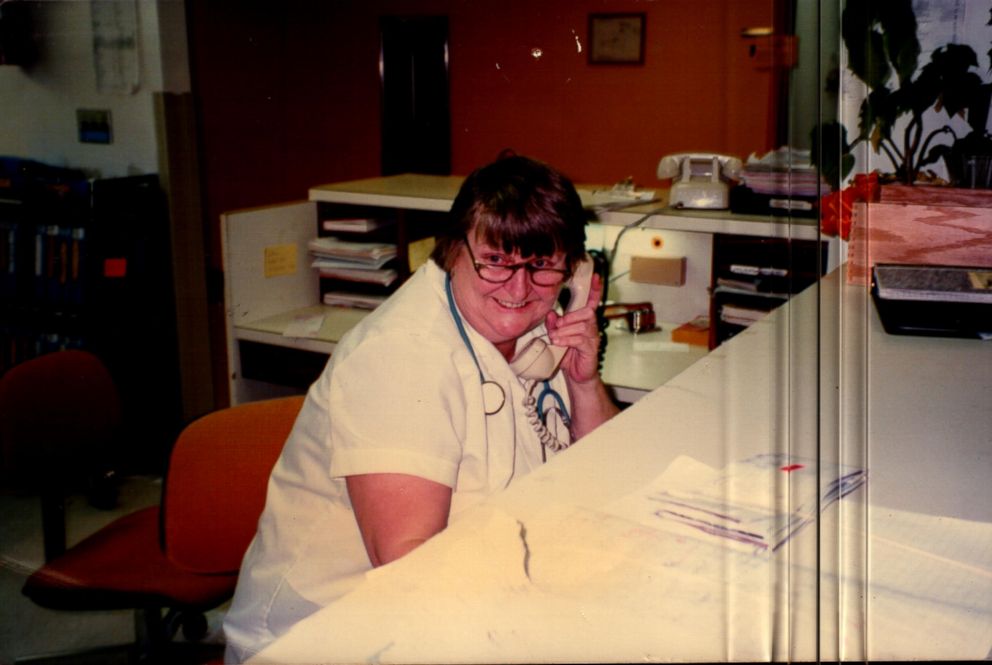
It wasn’t until the birth of his own daughter Aurelia, now 3 years old, that Martin first decided to try to find his biological mother.
Martin’s adoption was a closed adoption, meaning his birth mother’s identity was sealed by court order. All Martin had was the non-identifying adoption records from the state of New York, where he was born.
“I found out my mother was 16 but that's about it,” he said. “She was Catholic and 16, that's all it says on there.”
Four months later, Martin received his cancer diagnosis, acute myeloid leukemia. He was immediately admitted to the hospital for a 30-day stay and began chemo treatments.
“I thought he was going to die,’ said his wife, Jackie Martin. “He couldn't even stand. He was-- he started losing his hair.”
Then they learned he might need a bone marrow transplant.
"We were told that he might need a bone marrow transparent," Jackie said. "And that it's better with family members."
As Rob Martin fought for his life, his wife kept in touch with Slaton, hoping that any family found could be a potential bone marrow match.
But Rob had reservations about the idea of asking for bone marrow from someone he had never met, especially his birth mother -- someone, who he said, "made a conscious decision to remove me from her life."
“So, therefore, her obligations, her responsibilities, there are none,” he added.
Then, just a month after his initial prognosis, Martin found out his cancer was in full remission. But it was cautious optimism because his doctor told him there was still about a one in three chance the cancer would return, and he would need to continue treatment.
“If his disease comes back then we would be considering a stem cell transplant at that point,” said Martin’s doctor, Dr. Sangmin Lee, an oncologist at NewYork-Presbyterian Weill Cornell Medical Center.
Martin still had to undergo four more rounds of chemo to complete his treatment. Each round of chemo weakened his immune system, which made him more susceptible to other diseases and infections. His biggest fear through this, he said, was the thought that his young daughter could grow up without knowing her father.
“I love that kid more than anything,” he said. “So my fear is her not knowing me, and me being-- you know, kind of washed away like a sandcastle.”
As Martin went through treatment, Slaton continued her search for his birth mother.
“When you are born, you are given a birth name. It's your original name. Once the adoption takes place and you're legally adopted, your birth certificate is amended to your adoptive name,” she said. “So the first thing I had to do was to obtain Rob's name at birth.”
Investigative Genealogist Reconnects Lost Family Members
Martin’s amended birth certificate revealed he was born in Queens, New York. Using his birth mother’s age and the location of where she gave birth, Slaton was able to find Martin’s original last name at birth: “Garza.” It was a huge crack in the case, she said.
“What I immediately started to do was to try and comprise a list of all female Garzas who would be roughly 16-years-old at the time that Rob was born,” Slaton said. “So I made my shortlist...I basically got as far as I could.”
Martin also submitted a DNA sample to Ancestry.com, so her next step was to pour through his results to search for any leads in his matches.
“He had a pretty close match that I immediately honed in on,” Slaton said.
It was a match that Ancestry.com had estimated the genetic distance to be a “first cousin” to Martin, but Slaton said a “first cousin” match can sometimes mean an aunt or even a grandparent.
“The computer is only able to guestimate how someone's related,” she said.
That match, named Roe, seemed to be related to other Garzas as well, according to Martin’s profile. So Slaton found a phone number for her and gave her a call.
"I knew that once I was able to contact her that his case was gonna start to unravel," Slaton said.
Over the course of their conversation, she was able to coax Roe into naming all of her known siblings.
“One person that she had said to me over the phone was Deborah, and the alarm bells went off because... Deborah was, in fact, on the short list of potential birth mothers for Rob,” Slaton said.
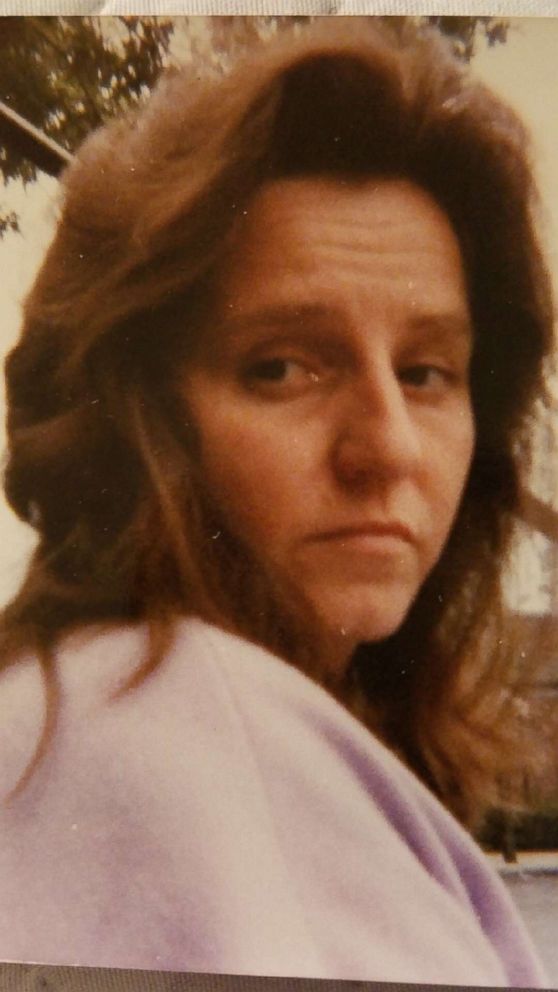
Slaton was able to get a phone number for Deborah Garza, but when she called, the woman on the other end of the line hung up on her.
“The panic set in because I was really concerned that this was going to be a dead end,” Slaton said.
But then, Slaton said she started getting text messages from Garza, asking for more information. Slaton said she explained she was helping someone who was born in 1972 and adopted.
“Then, it was amazing, the complete tone of the text messages changed,” Slaton said.
Deborah Garza told her she had a son in 1972 that she had to give up for adoption but that she thought about him every day. Pregnant at 16, she said her mother had her hide the pregnancy. Then she delivered via c-section, under anesthesia, and didn't see the baby when he was born.
After giving birth, Garza said someone came into the room with her mother and told her to sign some papers. At the time she said she didn't realize it terminated her parental rights. She said she never got to see the baby and was never told who adopted him.
Years later, Garza went on to get married and eventually had two more children when she was in her 20s, a daughter Mandy and another son nicknamed J.R. When they were old enough, Garza said she told them about the baby boy she had given away as a teen.
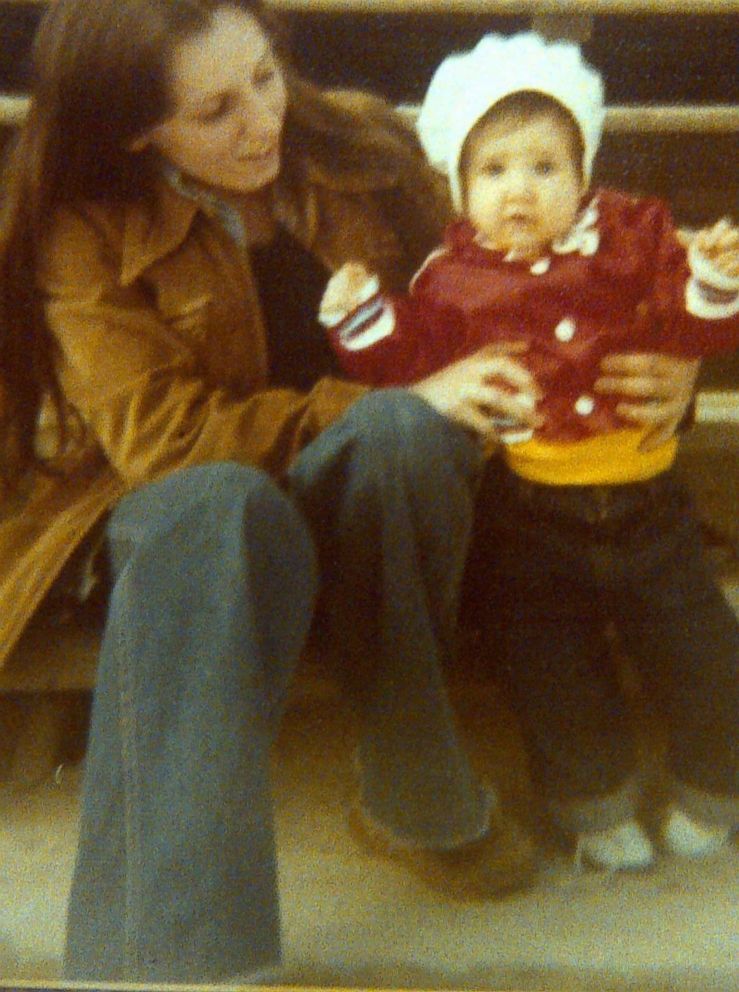
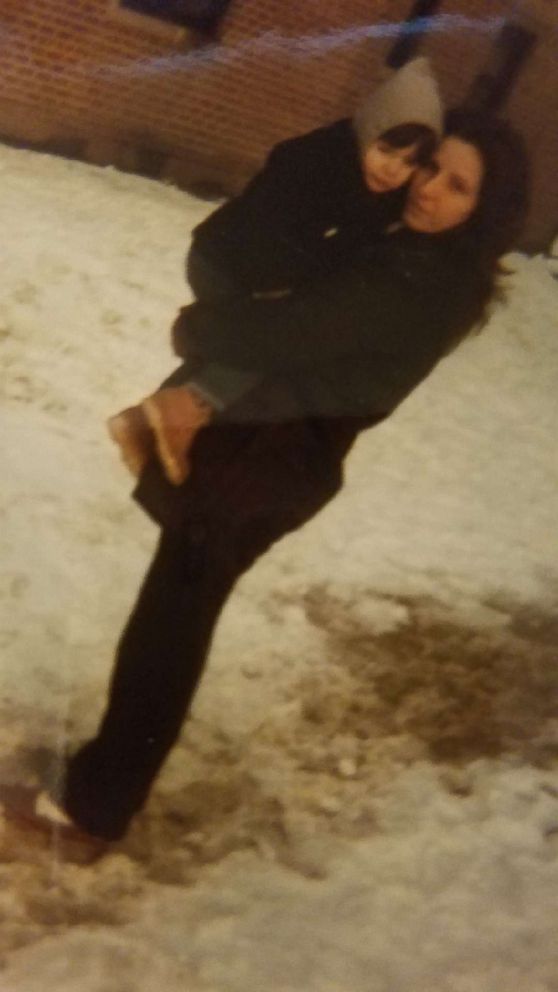
Slaton said that during that time "there was a huge stigma out of being pregnant out of wedlock."
"These poor women were treated as though they committed crimes...not only were they treated as though it was a shameful experience, but then they weren't able to grieve. You're losing your child, essentially," she said.
Slaton took the information she had found back to Martin and walked him through her findings. When she told him about her conversation with Garza, he was stunned.
“She absolutely did not want to give you up,” Slaton told him. “She wants you to know she loves you very much.”
“Wow, wow,” Martin said.
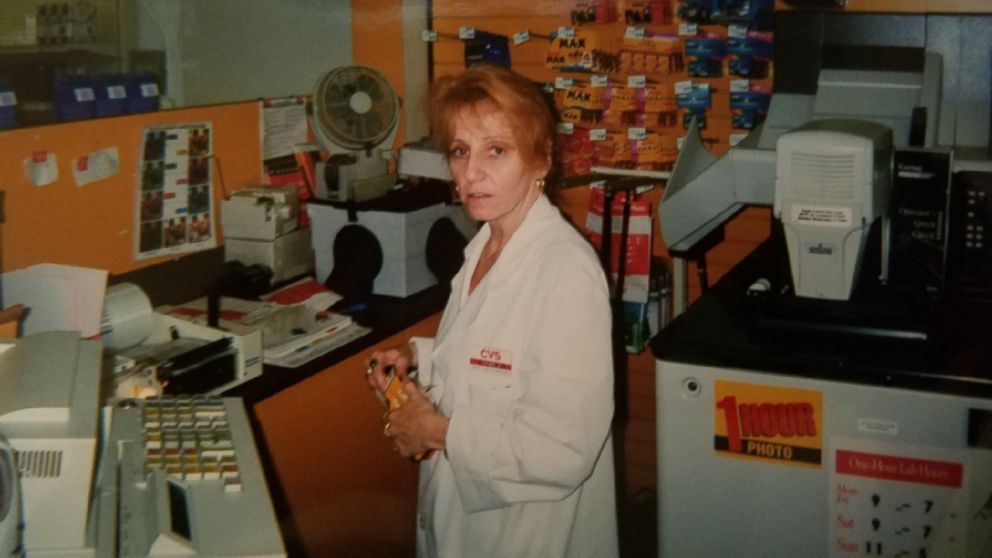
Slaton explained that his birth mother wanted to talk to him, but she didn’t know yet he had leukemia. Again, Martin felt reservations about telling her he was sick.
“To come out of the woodwork because I need bone marrow...I don’t want to come back in, and the first thing I do is I start asking her for stuff,” he said. “I don’t how to feel about it quite honest. It’s weird, finding out she exists.”
Slaton explained that Martin's disbelief was understandable. "You believe for so long this day will never come," she said. "So it takes a while going from the belief to it'll never happen, to here it is."
After about an hour, Martin finally made the decision to call his birth mother, with his wife by his side. When Garza’s phone rang, she had her other two children and grandchildren by her side. As she and Martin began talking, both of them broke down in tears.
"I never expected this day to come," he told her.
“I always dreamed of this...I never forgot you,” Garza told him.
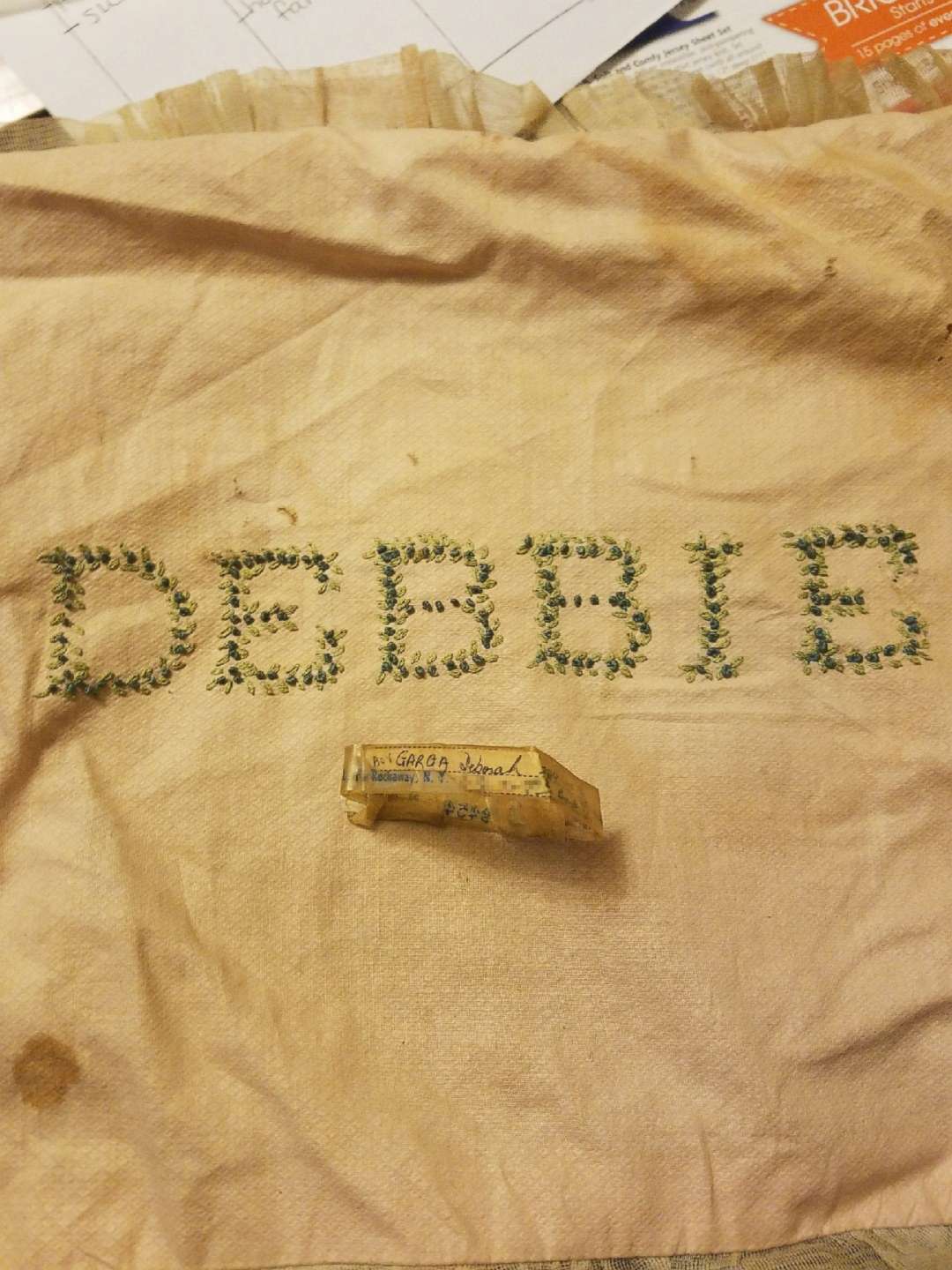
“That’s amazing to hear,” Martin said.
“I didn’t know anything about you," Garza continued. "I didn’t know where you were. I didn’t know who adopted you. I didn’t see you after you were born.”
Martin told her that his adoptive mother, Jackeline Martin, had been a nurse at the hospital where he had been born. Garza's mother also worked at that same hospital. The two of them pieced together that their mothers must have arranged for Martin’s birth and adoption to happen under their control.
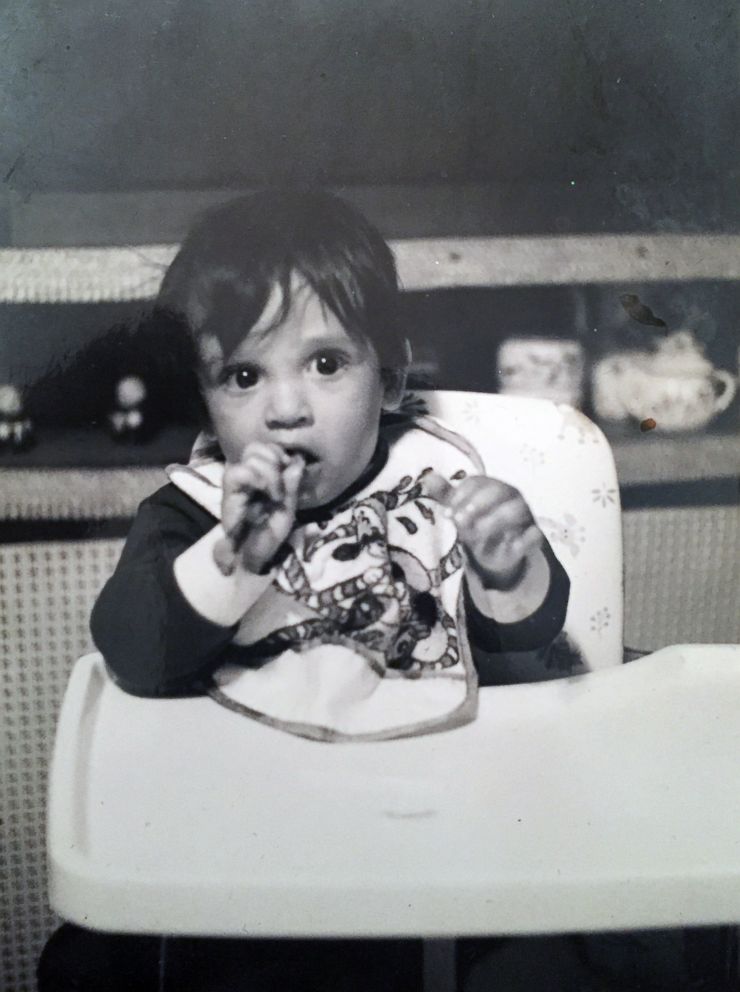
Then Martin decided to share what he had been so nervous about telling his birth family – that he had cancer.
“I’m battling leukemia right now. I’m in remission,” Martin told Garza. “I don’t want you to think that I searched you out for anything but to know where I came from, for my daughter to know where she came from… I don’t want you to think that it’s because I want bone marrow or anything like that. It wasn’t that.”
“If you needed it, I would give it,” Garza said.
They promised to meet as soon as Martin finished his cancer treatment.
“This is a blessing for me,” Martin told her. “This is one of the greatest days of my life. I just want you to know that.”
“Best day of my life, let me tell you. I can’t wait to see your face now,” Garza said.
A week later, Martin was back in the hospital for what he hoped would be his last chemo treatment.
After he had recovered a few weeks later, he arranged to have Garza and her family come over to his house to meet him for the first time.
The whole drive over, Garza was a bundle of nerves, but when mother and son finally saw each other for the first time, they embraced and held on.
"I always knew this was going to happen one day. I never gave up hope," Garza said.
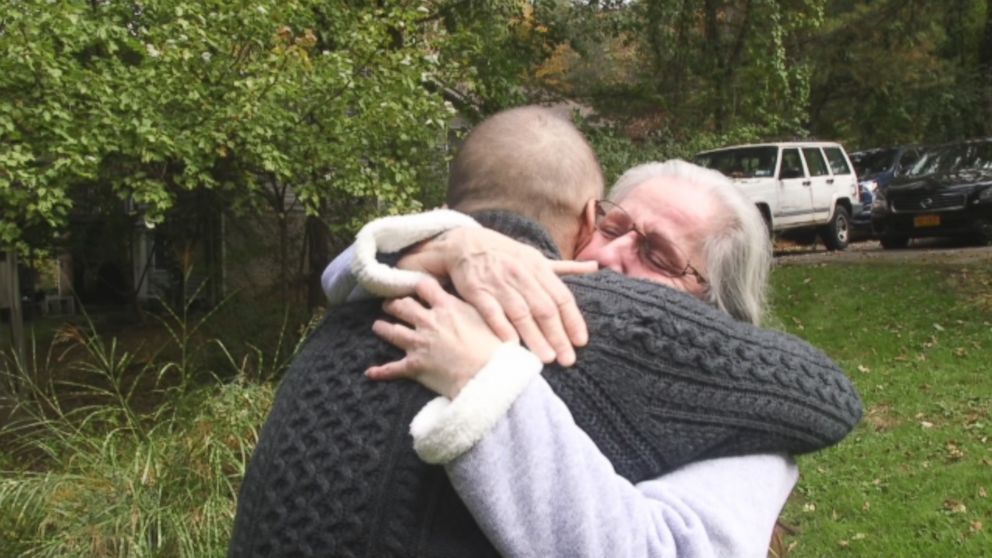
The siblings pieced together that they had actually grown up in the same New York City neighborhood and even attended the same high school, years apart.
"Now he’s got a big family," Garza said. "I’m not going to let him go."




